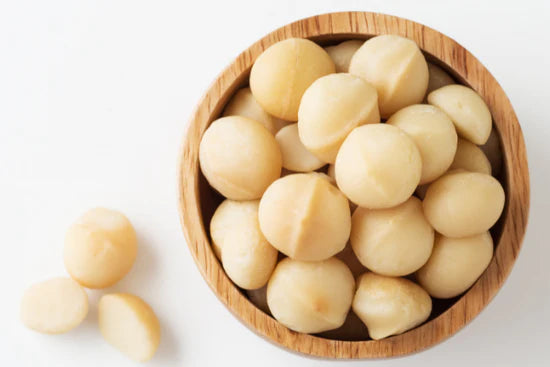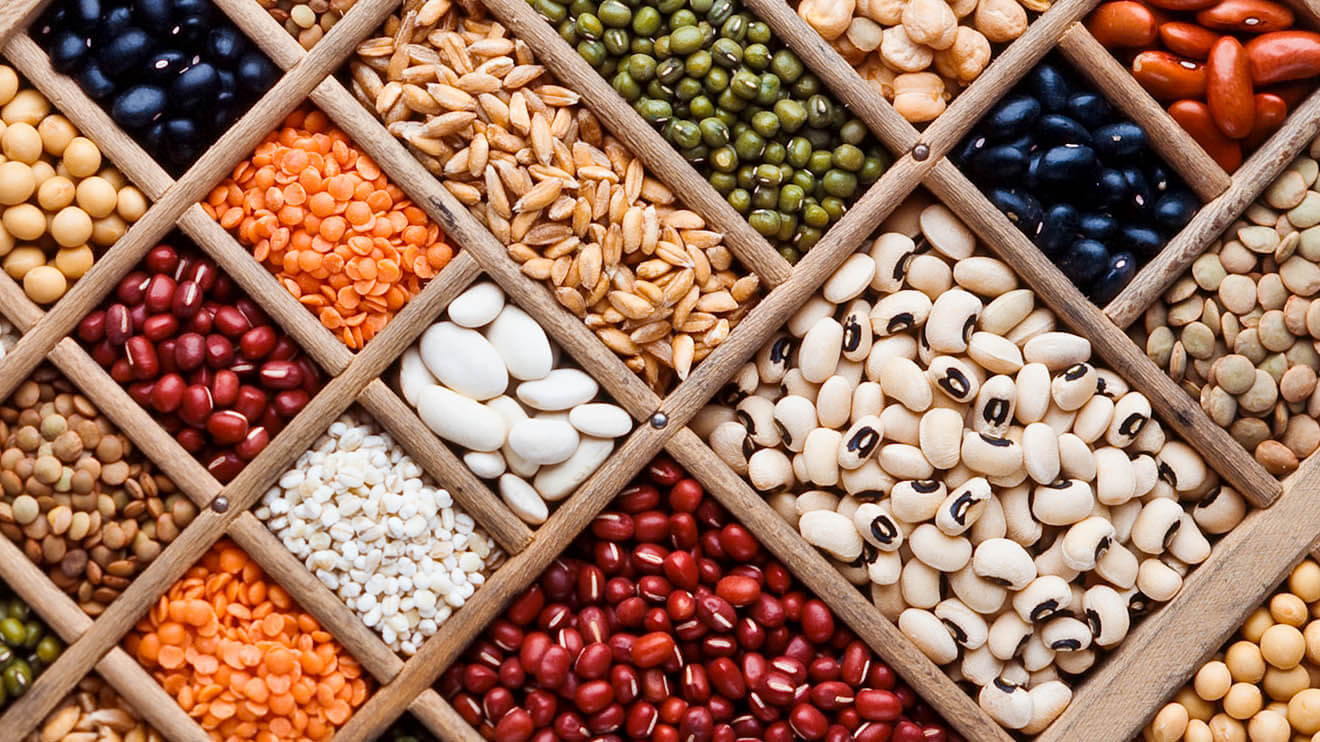Whether you’re the proud owner of a rising baked goods empire or an ambitious organic farmer, you’ll need to follow many of the same steps when looking for a distributor to expand your product line. Cracking into the food industry requires a fresh approach if you want your products to fly on the shelf. Things to consider while establishing your distribution line:
- Sales Guidance – You are responsible for step-by-step distribution if the distributor does not offer sales strategies.
- Cost Margins – Ensure products are priced accordingly - maintain clear understanding of your margins.
- Distribution Timelines – Be sure to check to see how long the distributor estimates the process will take, taking in consideration how many other products they facilitate.
Food distribution companies help boost your productivity and expand your operation in the most effective way. Things to look out for when searching for the right partner:
Look for the Middleman
Which Food Distribution company best aligns with your brand’s mission and vision? Ask about the types of products the distributor is currently carrying. The goal is to find the most qualified distributor capable of reducing how much time and effort you have to commit to production, marketing and transportation.
Hint: Who transports your competitors’ products? It makes sense to partner with a distributor that’s already familiar with your industry and audience.
Types of Distributors
All distributors aren’t created equally, it’s important to know what your potential distributor is capable of handling. Some distributors only handle transportation, while others also offer marketing and sales strategies. You’ll also face differences in region, retailing partners, and overall involvement.
Some companies operate through a nationwide arrangement, distributing food throughout the country. They have access to prominent retailers, making them powerful influencers across various industries. Expanding your brand with a nationwide distributor grants you access to a seasoned route. Be prepared to prove your brand is ready to withstand such a drastic boost in production.
Regional (local) distributors have access to a smaller geographical location, so they naturally offer less brand recognition. Offer personalised interactions and greater engagements with their contracted manufacturers.
Finding the Right Distributor
Start with an online search query and be specific to look for the right distributor. Ask around to see what distributors your current retailers are using. Get some additional insight on the distribution company’s reputation. Perhaps attend a local trade show or sales expos to network with successful businesses and maybe meet some distributors in person. Lastly, take all the information you’ve gathered to identify the most promising distributor. The final thing you’ll need to do is prepare a persuasive pitch that peaks the interest of the distributor. You want to be sure that you’re trusting your legacy in the hands of a competent organization that values your brand as if it were their own business.



